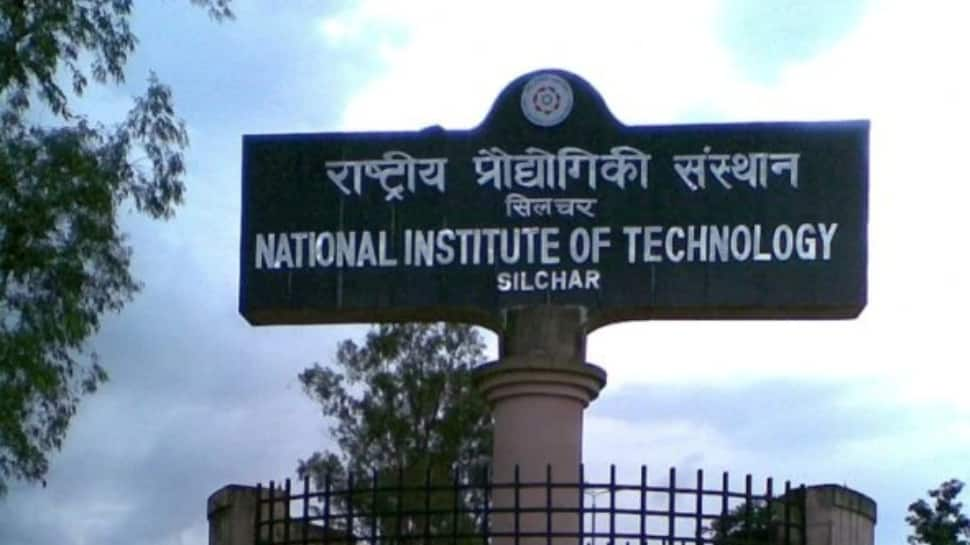 |
|
The incident involving Maisha Mahajabin, a Bangladeshi student at the National Institute of Technology (NIT) Silchar, highlights the sensitive nature of online activity and its potential consequences, particularly when it involves political or nationalistic sentiments. Mahajabin was sent back to Bangladesh after reacting with a 'love' emoji to an anti-India post on Facebook, a seemingly innocuous action that sparked controversy and ultimately led to her deportation.
The post in question was made by a former NIT Silchar student, Sahadat Hussain Alfi, who is currently residing in Bangladesh. Alfi's post, which was considered anti-India in nature, elicited a reaction from Mahajabin, who expressed her support for it with a 'love' emoji. This seemingly simple gesture angered many people, including the Hindu Raksha Dal, a right-wing Hindu organization, who reported the post and Mahajabin's reaction to the police.
The police, in consultation with Bangladeshi authorities, decided to return Mahajabin to her home country. While authorities emphasized that this was not a formal deportation, the decision raises important questions about freedom of expression, online activity, and the potential for misunderstanding and misinterpretation in the digital age. The incident also underscores the complexities of cross-border relationships and the delicate balance between individual rights and national security concerns.
This incident serves as a reminder that social media platforms can be powerful tools for communication, but they can also be easily exploited to spread misinformation and incite unrest. It highlights the importance of exercising caution and responsibility when engaging with content online, particularly when it deals with sensitive topics. The incident also raises concerns about the potential for online activity to impact individuals' lives, especially those who are studying abroad or living in foreign countries.
The deportation of Maisha Mahajabin, while seemingly sparked by a simple 'love' emoji, is a complex issue with far-reaching implications. It underscores the need for greater awareness and sensitivity towards online activity, particularly when it involves nationalistic or political sentiments. It also raises questions about the role of social media in shaping public opinion and influencing international relations.
Source: Bangladeshi Student Sent Back Home Over 'Love' Emoji On Anti-India Facebook Post
